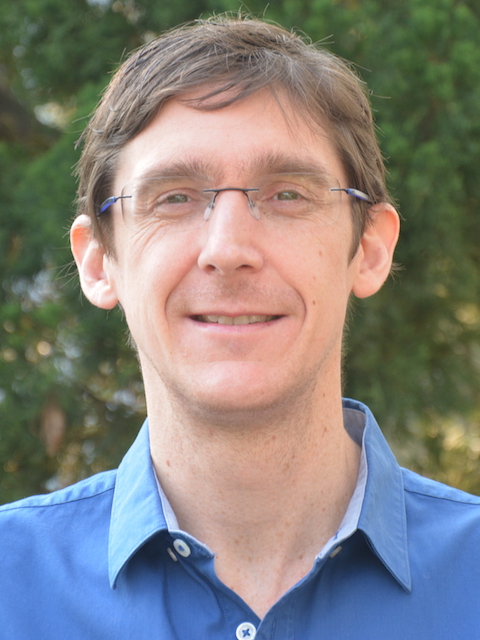Using unsupervised learning to find weak spots of HCV: Implications for rational vaccine design
Prof. Matt McKay of HKUST will present a seminar on his most recent findings on the fitness landscape of the Hepatitis C virus, informed by statistical signal processing and unsupervised machine-learning techniques.
Date and Time
Location
Hosts
Registration
-
 Add Event to Calendar
Add Event to Calendar
- Brisbane Convention and Exhibition Centre
- cnr Merivale & Glenelg Streets
- South Bank, Queensland
- Australia 4101
- Building: Grey St. Entrance
- Room Number: Concord Boardroom
- Contact Event Host
- Co-sponsored by Queensland Section EMBS Chapter
Speakers
 Matt McKay of HKUST
Matt McKay of HKUST
Using unsupervised learning to find weak spots of HCV: Implications for rational vaccine design
This talk will discuss how machine learning can assist with the design of a vaccine for the Hepatitis C virus (HCV). An effective HCV vaccine is not available, although hope has emerged with the discovery of antibodies capable of neutralizing diverse HCV strains. Nonetheless, HCV can evade known broadly neutralizing antibody responses through mutation. To counter this challenge, an ideal vaccine would elicit antibodies that target those “weak spots" of the virus’s surface protein where mutations severely compromise the virus’s fitness. In this talk, a high-dimensional unsupervised machine learning approach will be described that allows estimation of the fitness landscape (fitness as a function of amino acid sequence) of the HCV surface protein, E2. We will demonstrate how the inferred landscape was validated through comparison with experimental measurements, such as fitness measurements performed in vitro. By mapping the fitness cost of mutations to the protein structure of E2, our model identifies regions that appear as “weak spots”, providing promising targets for HCV vaccine design.
Biography:
Matthew McKay received the combined B.E. degree in Electrical Engineering and the B.IT. degree in Computer Science from the Queensland University of Technology (QUT) in 2002, and the Ph.D. degree in Electrical Engineering from the University of Sydney in 2007. He is currently a Full Professor in the Department of Electronic and Computer Engineering and the Department of Chemical and Biological Engineering at the Hong Kong University of Science and Technology (HKUST). Previously, at the Associate Professor rank, he held the Hari Harilela Endowed Chair. Matthew was a Research Scientist with the Institute for Medical Engineering & Science at MIT in 2014, and with the Department of Statistics at Stanford in 2015. His research interests include communications, signal processing, random matrix theory, financial engineering, and computational biology.
Matthew was awarded the University Medal from QUT. He and his co-authors received the Stephen O. Rice Prize by the IEEE Communication Society, a Young Author Best Paper Award by the IEEE Signal Processing Society, as well as 6 best paper awards at international conferences (ICASSP 2006, VTC 2006, IWCMC 2010, Globecom 2010, ICC 2011, and ICASSP 2014). He received the Young Investigator Research Excellence Award at HKUST, and the Best Young Researcher Award (Asia Pacific Region) by the IEEE Communication Society. He currently serves as Area Editor (Feature Articles) of the IEEE Signal Processing Magazine, as Editor for the mathematics journal, Random Matrices: Theory and Applications, and previously served on the editorial board of the IEEE Transactions on Wireless Communications. In 2018, Matthew has been selected as a Young Scientist of the World Economic Forum.
Email:
Address:Dept of Electronic & Computer Engineering, The Hong Kong University of Science and Technology, Kowloon, Hong Kong, Hong Kong

